 Although she didn’t attend Grove City College, Katie Davis is as much a Grover as any of us. She was her senior class president and homecoming queen; she had a fantastic group of friends and loving parents who supported her and wanted her to get a great education to prepare her for a successful career. Unlike most of us though, Katie did not attend college after she graduated high school. Instead, she moved to Uganda to teach kindergarten.
Although she didn’t attend Grove City College, Katie Davis is as much a Grover as any of us. She was her senior class president and homecoming queen; she had a fantastic group of friends and loving parents who supported her and wanted her to get a great education to prepare her for a successful career. Unlike most of us though, Katie did not attend college after she graduated high school. Instead, she moved to Uganda to teach kindergarten.
Many of her friends and family thought she was crazy, but Katie knew she was following God’s call. That doesn’t mean that there weren’t difficult days. Katie experienced numerous struggles and trials that first year, including a language barrier between her and her students. Although this was one of Katie’s biggest challenges initially, she found that even though people may not be able to understand each other through language, they understand a smile or a hug- they understand love. In her words, “love knows no language.”
But how is Katie an entrepreneur? Teaching kindergarten in Africa hardly seems entrepreneurial.
After learning that many children in Uganda are unable to attend school because of the fees that the schools require, Katie started a sponsorship program to connect orphaned and vulnerable children with sponsors. For $300 a year-less than $1 a day- a sponsor not only sends a child to school, but also provides school supplies, 3 hot meals every day, spiritual discipleship, and medical care for the child. Through this program alone, Katie has made a difference in the lives of over 700 children.
When the initial sponsorship program took off, Katie realized that she could help the Ugandan people in numerous other ways. In 2008 Katie founded Amazima Ministries International to “meet the physical, emotional, and spiritual needs of the people of Uganda who need it most.” Through this non-profit, Katie has started a feeding outreach to one of the slums in her area, a classical Christian secondary boarding school, a self-sustaining vocational program for women, a medical outreach, and a farming outreach all in addition to the initial education sponsorship program. 
Katie recorded her story in her book called Kisses From Katie. I first read this book four years ago at the suggestion of a missionary to Zambia, and Katie’s story and accomplishments continue to inspire me.
Oh, and did I mention that Katie also adopted 13 Ugandan children? But this blog post is already long enough, so just go check out the Amazima website to read more about Katie and everything that Amazima is accomplishing in Uganda!

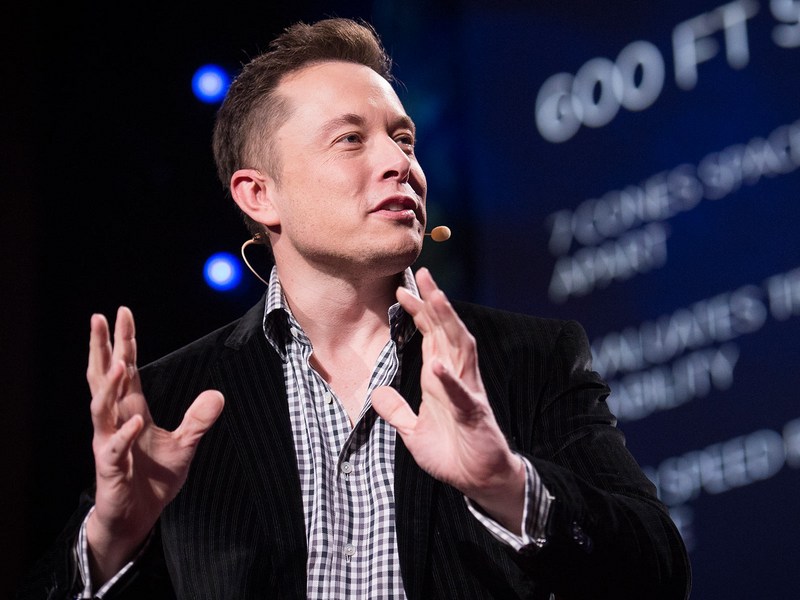


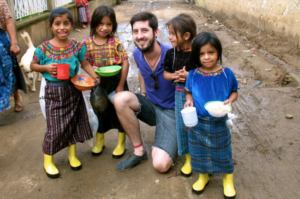


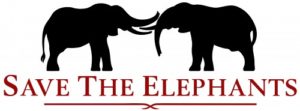
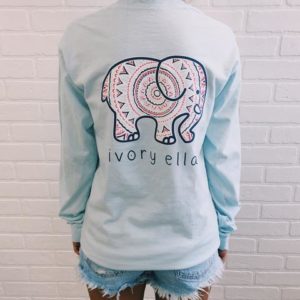
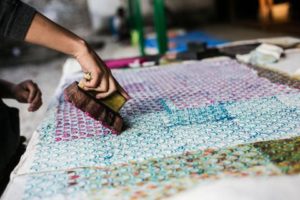
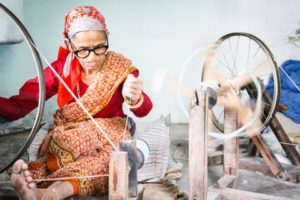 After attending John Brown University, a private conservative Christian college, the newly-wed Melody Murray set out with her husband to work in an African orphanage. Melody and Dave could feel God burdening their hearts to reach out and help those in poverty. Over the next decade, they dreamed of themselves working with struggling artisans. In 2010, they moved to Rajpur, India, and JOYN was birthed.
After attending John Brown University, a private conservative Christian college, the newly-wed Melody Murray set out with her husband to work in an African orphanage. Melody and Dave could feel God burdening their hearts to reach out and help those in poverty. Over the next decade, they dreamed of themselves working with struggling artisans. In 2010, they moved to Rajpur, India, and JOYN was birthed.
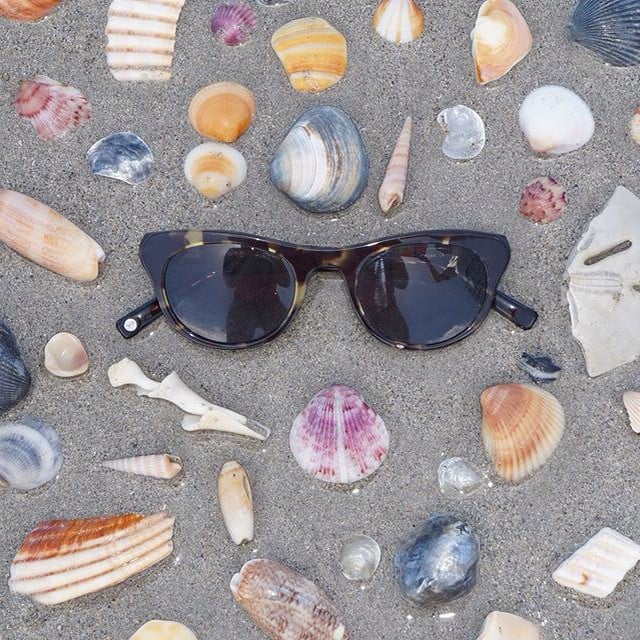 the product, had to complete his first semester of grad school in the haze bad vision creates [see the rest of the story
the product, had to complete his first semester of grad school in the haze bad vision creates [see the rest of the story 